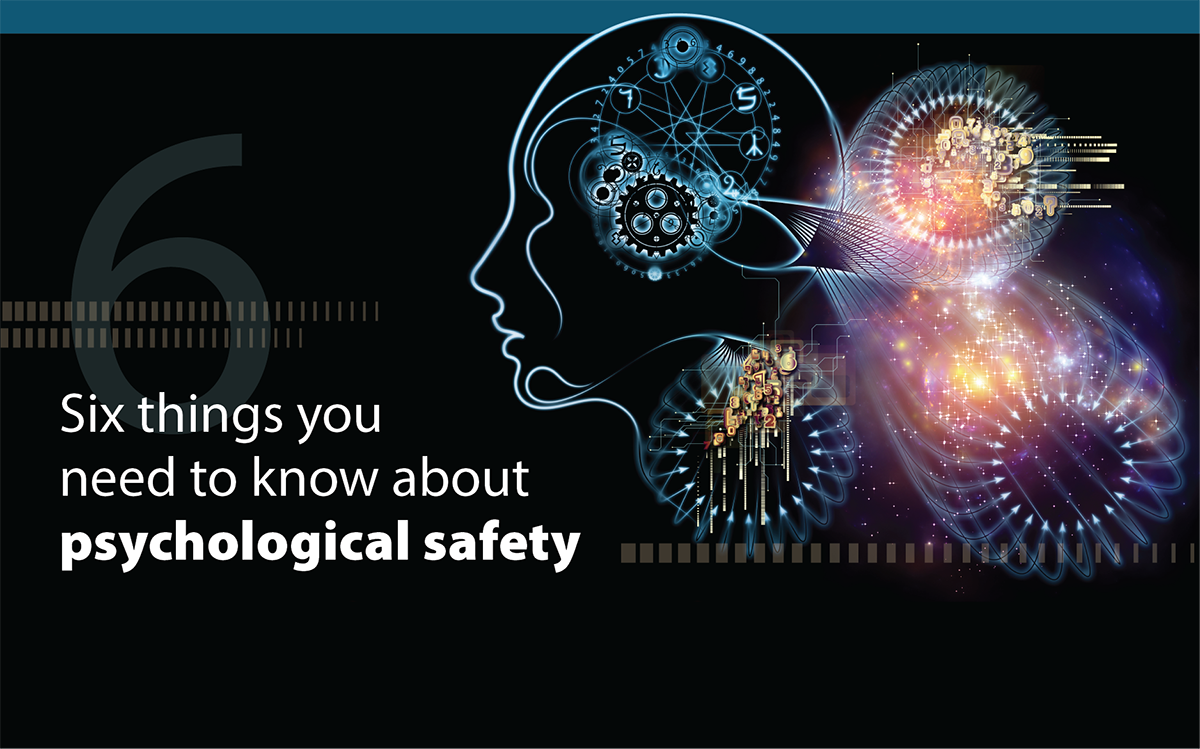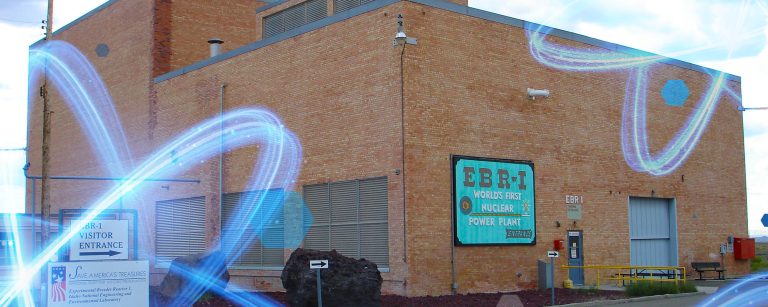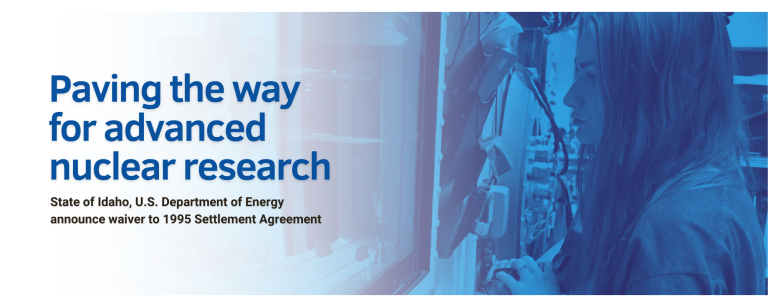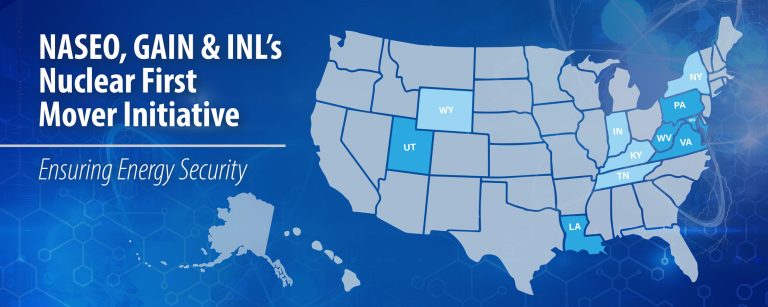Dr. Marty Martin, director and associate professor in the Department of Management at DePaul University, opened his keynote with a personal story. He talked about his first manager and how the bad behavior he saw his manager get away with impacted his career path. Martin said his manager did very disturbing and inappropriate things.
“It was abusive. It was harassment. It was criminal,” he said. Nobody at that organization felt psychologically safe. But because of it, Martin chose to dedicate his life to decreasing the probability of that behavior occurring. He shared his research and techniques at a Human Resources Signature Event for INL employees called, “Creating psychologically safe environments while enabling trust.”
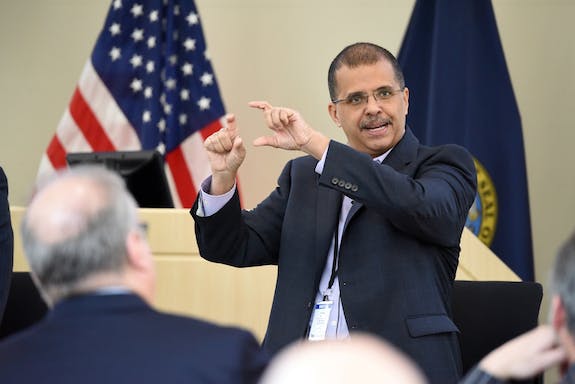
What does it mean to feel “psychologically safe?” It means you don’t feel anxious or threatened, but feel like you can be open, honest and transparent. “If you are not feeling psychologically safe,” said Martin, “you can’t focus on basic tasks, let alone achieve excellence.” That’s why we can’t minimize the impact of psychological safety. When people are not feeling safe, performance suffers. A workplace that embraces inclusive diversity, where people truly trust and rely on each other, enhances scientific outcomes and makes INL an even better place to work.
Here are the key takeaways from Martin’s presentation on creating psychologically safe environments while enabling trust:
Don’t discount your own ability to impact INL’s culture.
Many times, companies will wait for a top-down message from senior leaders before the rest of the company adopts a change. Having the senior leadership team’s support is fantastic, but rather than waiting for a top-down message from the SLT, change can start with each of us. We are each part of a microculture. Maybe as an individual, we won’t change the entire lab, but we can impact our immediate work groups.
Change happens at the speed of trust.
Some people trust everyone right off the bat. Others trust no one. And most people probably fall somewhere in between. Don’t assume everyone starts out at the same level of trust as you have. It may be more difficult to earn one person’s trust than another’s.
Trust and honesty have major performance impacts.
High-performing teams have high interpersonal psychological trust. However, Martin said, most people choose safety over truth – they tell you what you want to hear. If people are actually providing the true answer instead of the agreeable one, individuals become more focused, teams have the opportunity to do something differently, and innovation increases.
Actively try to promote a positive environment.
What people say and do takes a cumulative toll over time; the little comments add up. “These small, little things we do around here, are our culture. They end up defining it,” said Martin. “So let’s try to actively promote the positive. And all those small positive things will add up to a positive overall culture.”
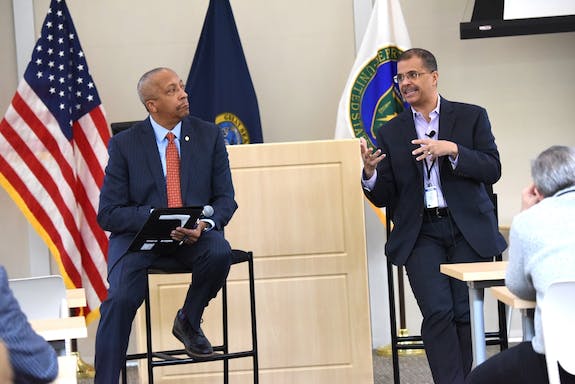
Get enough sleep. Lack of sleep impacts the quality of interpersonal relationships.
Martin said the average adult needs seven to nine hours of sleep each night, but with so many things competing for our attention, a lot of us don’t get enough sleep. Research studies show a sleep-deprived person has increased irritability and a decreased ability to feel empathy. “Sleepiness has a negative effect on the quality of your interpersonal relationships,” said Martin. “Sleep is one of the best ways to make a work environment more psychologically safe.”
Remember we’re human, and we’ll make mistakes.
An organization is ultimately composed of people. We’re not perfect 100 percent of the time and we will make mistakes. But if we reflect a culture of psychological safety in all aspects of our organization – talent acquisition, research excellence, daily interactions – we can still create a psychologically safe culture.

